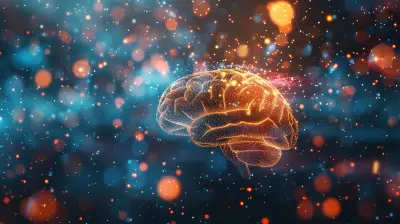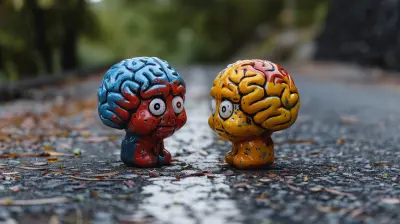The Relationship Between Childhood Stress and Long-Term Mental Health
28 June 2025
Have you ever wondered why some adults seem to struggle emotionally more than others, even when their current lives appear stable and "normal"? Often, the answer lies in the past—in childhood to be exact. You see, childhood isn't just about teddy bears, scraped knees, and bedtime stories; it's also a time when the brain and body are forming lifelong patterns. And when childhood is full of stress? Well, those patterns can get a little... tangled.
In this article, we're going to unpack how stress in early life can echo throughout adulthood, shaping mental health in ways most people don't even realize. We'll break it all down in a way that's easy to understand, so stick with me—this topic is more important than you might think.
What Is Childhood Stress?
Let’s start at the beginning. Childhood stress isn't just about being nervous before a spelling test or having to share toys with a sibling. While those things can be mildly stressful, we’re talking about more intense or prolonged stress—stuff that really sticks.Types of Childhood Stress
Not all stress is created equal. Psychologists usually lump childhood stress into three categories:- Positive Stress: Short and normal (like that spelling test).
- Tolerable Stress: More intense but temporary (like losing a grandparent).
- Toxic Stress: Prolonged and without adequate support (like chronic neglect or abuse).
It’s the toxic stress that really does the damage—the kind that settles deep in a child’s developing brain and body like an unwanted houseguest who refuses to leave.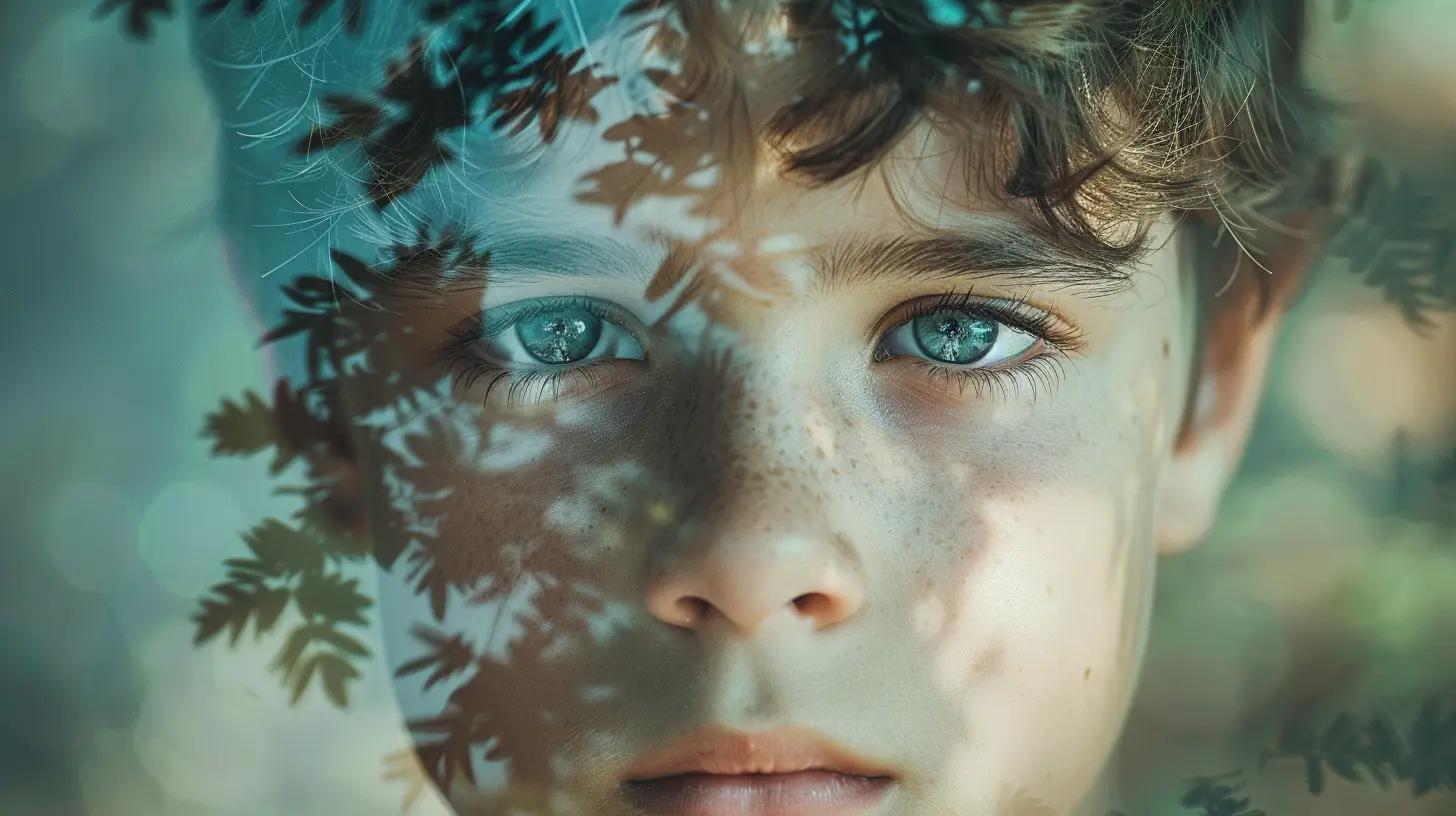
How Stress Affects a Child’s Brain
Imagine a child’s brain like a sponge—it soaks in everything: laughter, lullabies, and, unfortunately, stress. When kids face chronic stress, their stress response system (you’ve probably heard of “fight or flight”) stays switched on.Brain Development and the Stress Response
The brain is constantly growing during childhood, especially areas like the:- Amygdala (emotion processing)
- Hippocampus (memory and learning)
- Prefrontal Cortex (decision making and impulse control)
When stress floods the system with cortisol (the stress hormone), it can mess with these areas, causing:
- Overactive fear responses
- Trouble with memory
- Difficulty concentrating or controlling emotions
And here's the kicker: These are the very regions tied to anxiety, depression, and behavioral issues later in life. Coincidence? Not even close.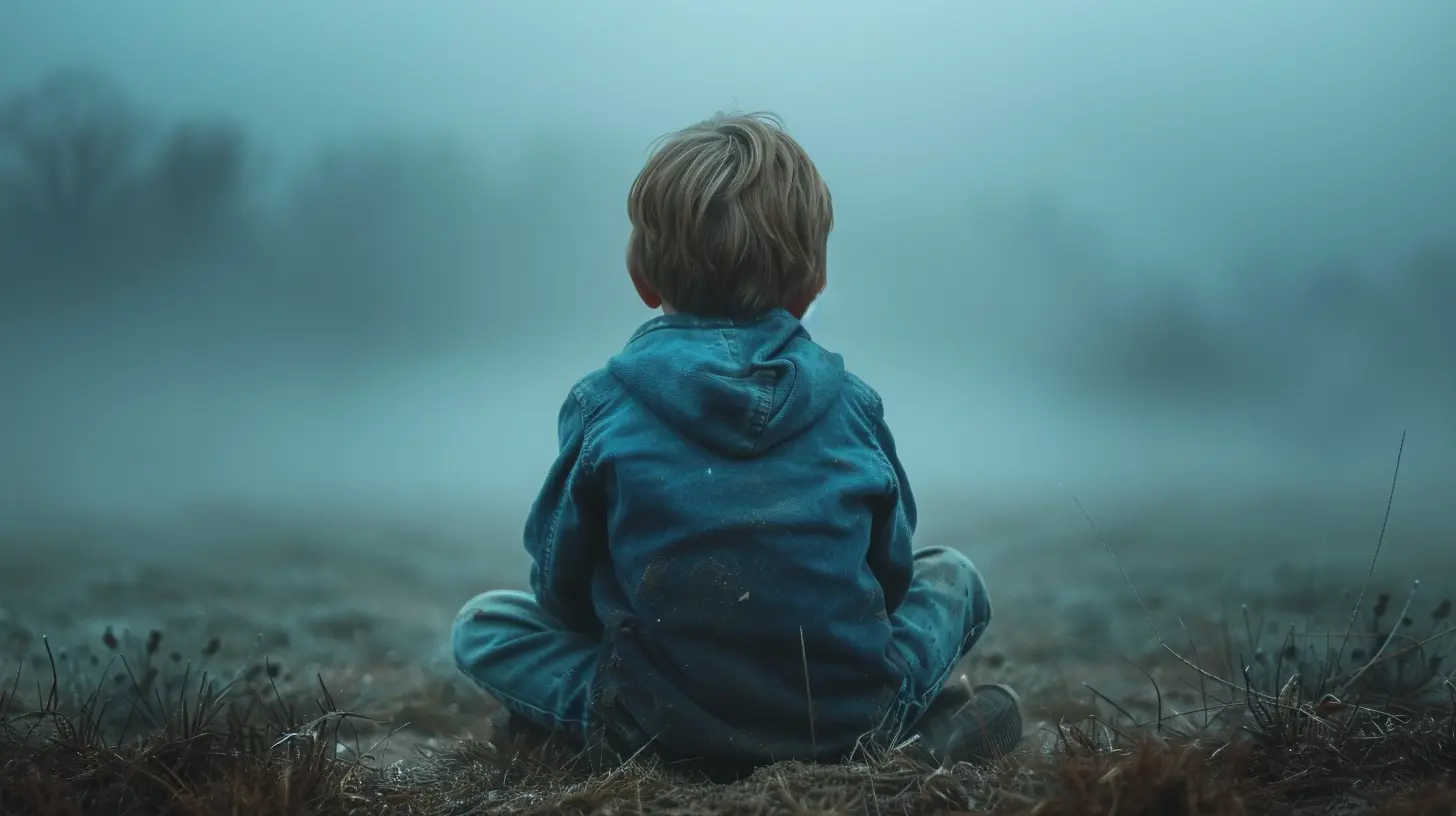
Long-Term Mental Health Effects of Childhood Stress
So, what happens when that stress isn't addressed? Well, it doesn’t just go away. In fact, research shows that unhealed childhood stress often resurfaces in adulthood like unfinished business.Common Adult Mental Health Challenges Linked to Childhood Stress
Here are some of the most common long-term effects:- Anxiety and Panic Disorders: That constant sense of danger as a kid? It turns into chronic worry or panic attacks.
- Depression: A lack of emotional support early on can affect how people see themselves and the world.
- Post-Traumatic Stress Disorder (PTSD): Especially if the stress included trauma or abuse.
- Substance Abuse: A coping mechanism to self-medicate emotional pain.
- Attachment Issues: Difficulty forming or maintaining healthy relationships.
Basically, the emotional blueprint created in childhood doesn’t just disappear. It follows us like a shadow—unless we shine some light on it.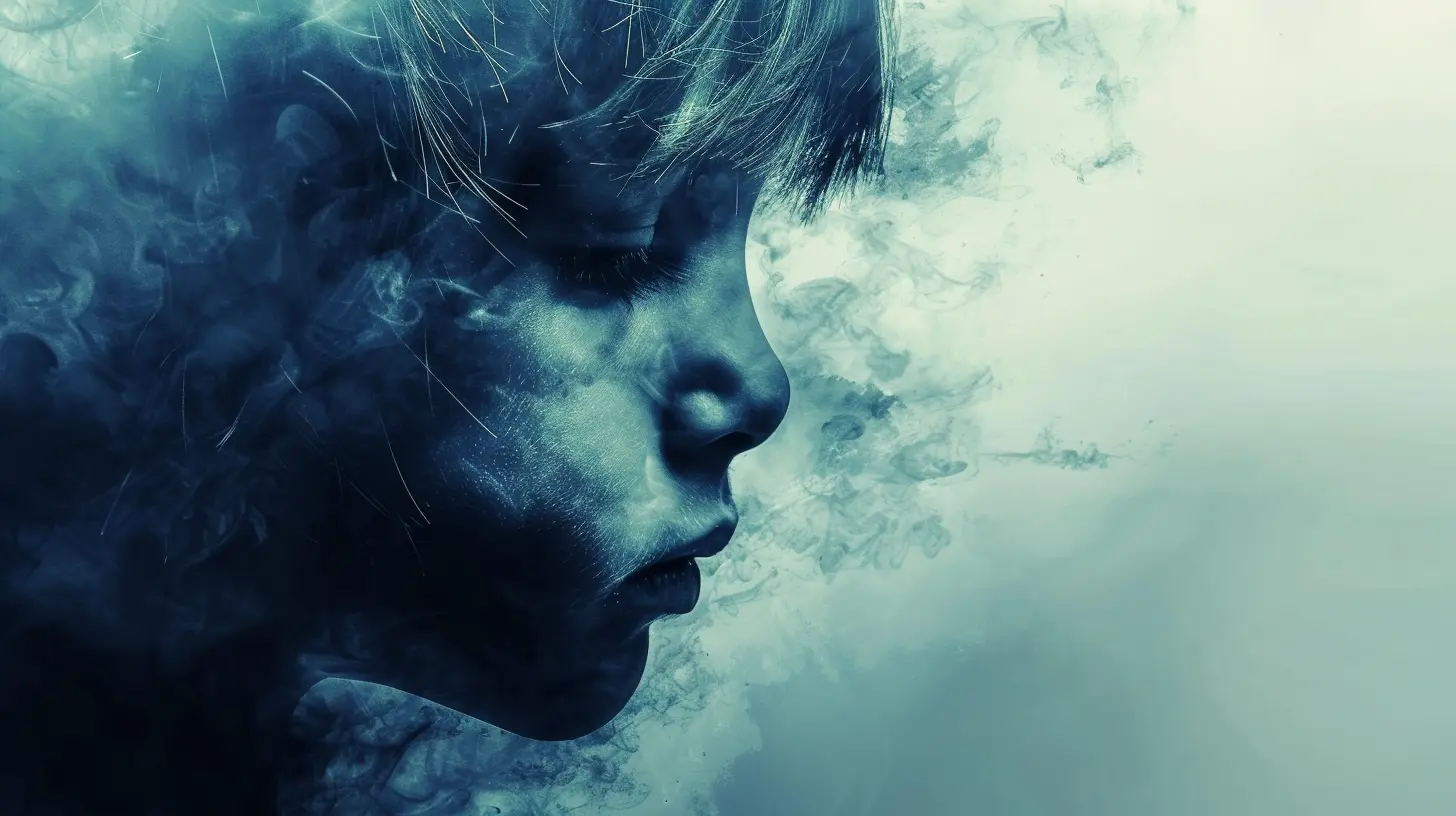
Why Some Kids Bounce Back (and Others Don’t)
This is where things get interesting. Not every child who goes through stress ends up with mental health issues. So, what gives?Factors That Influence Resilience
Resilience isn’t magic—it’s more like a psychological muscle that can grow under the right conditions. Here are a few things that make a big difference:- Supportive Adults: Even one caring adult can be a game-changer.
- Safe Environments: Physical and emotional safety help regulate stress.
- Coping Skills: When kids are taught how to manage emotions early, they’re more equipped to handle tough stuff.
- Therapeutic Intervention: Counseling, play therapy, or other mental health support can make all the difference.
So it's not just about what happens to the child, but whether they have the tools and support to process and heal from it.
The Science Behind the Stress
Okay, time to nerd out a little (but I promise to keep it simple). There’s real science connecting early stress to adult mental health.The ACEs Study: A Game-Changer
One of the most famous studies on this topic is the Adverse Childhood Experiences (ACEs) Study. It looked at 17,000 adults and asked about their childhood experiences.The more ACEs someone had (things like abuse, neglect, or family dysfunction), the more likely they were to:
- Suffer from depression or anxiety
- Struggle with addiction
- Have suicidal thoughts or attempts
- Experience relationship instability
That might sound grim, but hang tight—there’s hope.
Breaking the Cycle: Healing from Childhood Stress
Here's the good news: Just because someone had a rough start doesn’t mean they’re doomed. The brain is incredibly adaptable. It's called neuroplasticity—basically, the ability to rewire itself.Tools for Healing
Here are some powerful ways to heal from childhood stress:- Therapy/Counseling: This includes trauma-informed care, CBT, EMDR, and more.
- Mindfulness & Meditation: Helps re-center the nervous system.
- Healthy Relationships: Trust and support are like emotional nutrients.
- Journaling and Self-Reflection: Writing things down can help process deep-rooted feelings.
- Consistent Routine and Self-Care: Sounds basic, but it brings much-needed stability.
Healing isn't a one-size-fits-all journey, but it's always possible.
What Parents, Educators, and Adults Can Do
If you're reading this as a parent, teacher, or caregiver, you have the chance to help rewrite the story for a child facing stress. Even small actions can have a big ripple effect.Practical Steps to Support Children
- Listen More Than You Talk: Kids often just need someone to hear them.- Validate Their Feelings: Don’t dismiss their worries as “just being dramatic.”
- Create Routines: Predictability is comforting for stressed-out kids.
- Encourage Expression: Through art, play, or open conversations.
- Get Professional Help When Needed: There’s no shame in therapy—it’s a strength.
Let’s be real: We can't shield children from every stressful situation. But we can be there to help carry the weight.
Final Thoughts: Your Past Isn’t Your Destiny
At the end of the day, childhood stress is serious—but it doesn’t have to be a life sentence. By understanding its impact, getting support, and doing the inner work, healing is 100% possible.If this article resonates with you, maybe it’s time to look inward. Not to dwell on the past, but to understand it, honor it, and begin to let go of what no longer serves you. You’re not alone, and more importantly—you’re not broken. You’re just human.
Frequently Asked Questions (FAQs)
1. Can childhood stress cause mental illness?
Yes, especially chronic stress. It can increase the risk of anxiety, depression, and other disorders in adulthood.2. What are signs of childhood stress?
Mood swings, withdrawal, sleep problems, aggression, and trouble in school can all be signs.3. Is it too late to heal if I had childhood trauma?
Absolutely not. The brain can change at any age with therapy, support, and self-awareness.4. How can parents prevent stress from damaging their child’s mental health?
By creating a loving, stable, and supportive environment—and seeking help when needed.all images in this post were generated using AI tools
Category:
Psychological Disorders In ChildAuthor:

Eliana Burton
Discussion
rate this article
2 comments
Carson McClellan
Childhood stress plants the seeds for future mental health, proving that nurturing resilience is just as crucial as addressing trauma—because prevention today can reshape tomorrow's minds.
December 4, 2025 at 5:29 PM

Eliana Burton
Thank you for your insightful comment! You're absolutely right—building resilience in childhood is essential for long-term mental health and can significantly alter future outcomes.
Sabrina Ramirez
This article highlights crucial insights into how childhood stress shapes mental health. Understanding this connection is vital for fostering resilience and promoting emotional well-being. Thank you!
July 3, 2025 at 2:44 PM

Eliana Burton
Thank you for your thoughtful comment! I'm glad you found the insights valuable for understanding resilience and emotional well-being.
